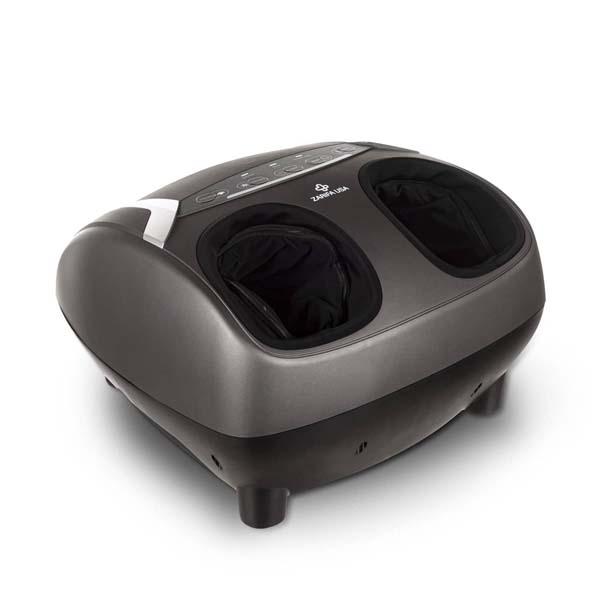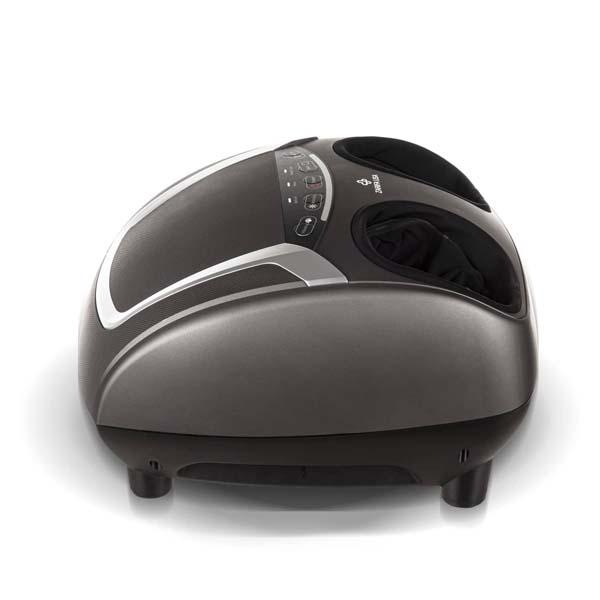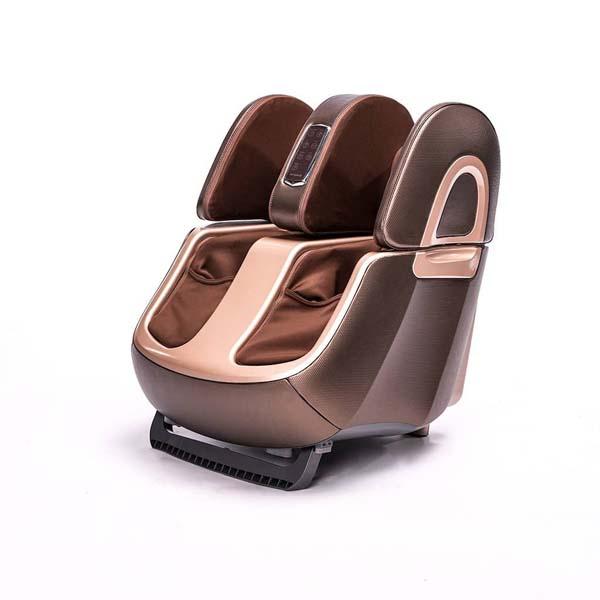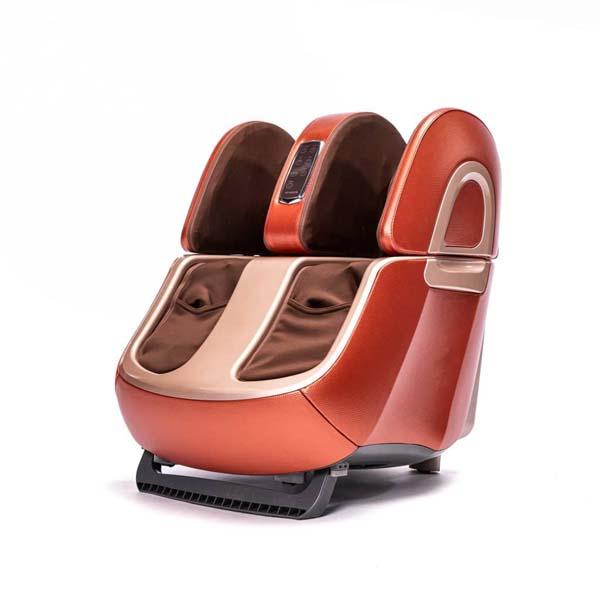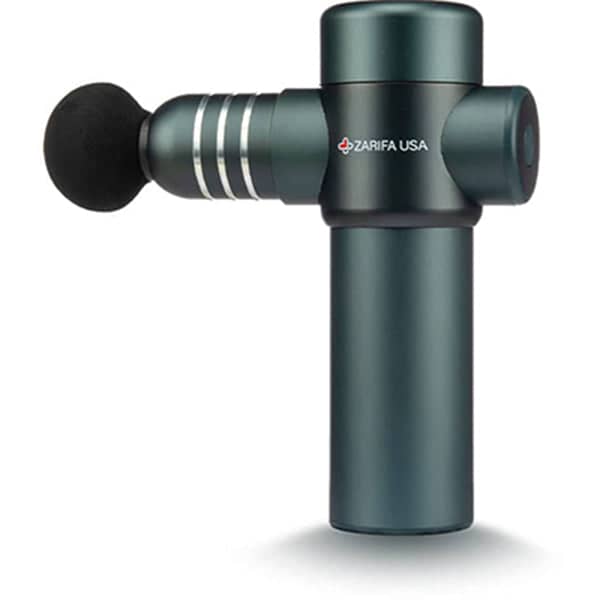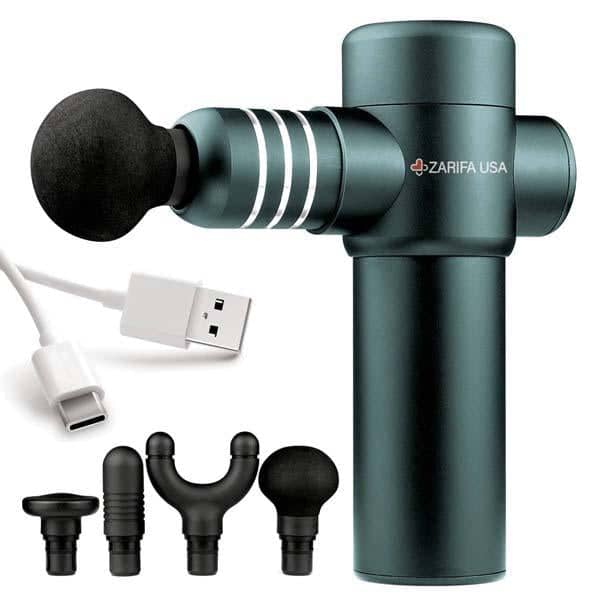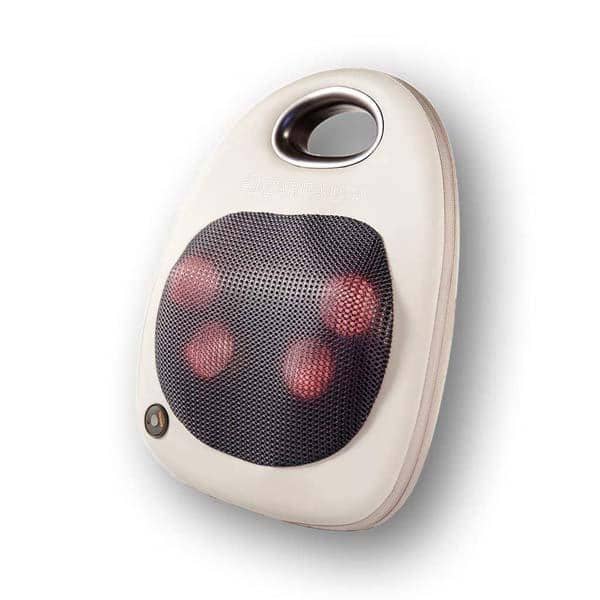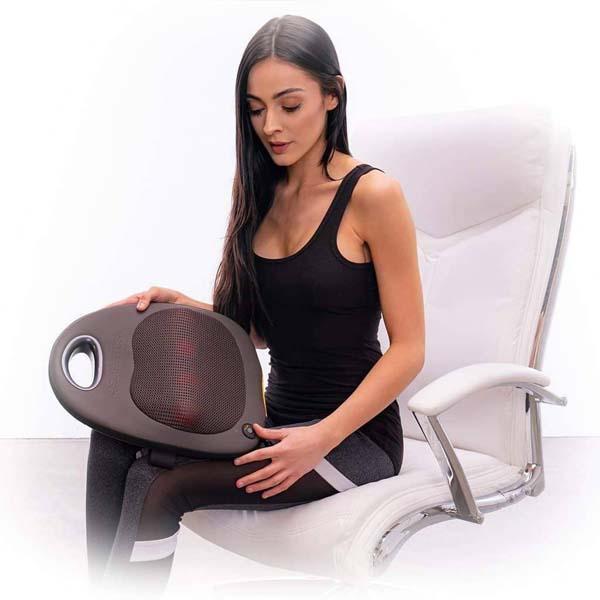If you are one of those folks who suffer from chronic pain and injuries or are athletically very active, you already understand the value of investing in your health. Whether you take advantage of utilizing chiropractors, physical therapists, massage therapists, acupuncture, Epsom salt baths and soaks, orthopedics, surgery, physiologists, hydrotherapy, etc. (the list goes on ad infinitum), you are certainly well aware of the benefits of why health is a good investment. You may also be ready to make a solid investment in your health with the use of high-end, home massage recovery tools such as:
But does our mental health affect our physical health? Absolutely! Studies show that if we are filled with anger, fear, resentment, worry, etc., our bodies will respond physically, resulting in chronic pain or a high propensity to injury. Let’s go a little deeper with this below.

What does poor mental health lead to?
If untreated (and not acknowledged!), a poor mental health status will ultimately lead to unnecessary disability, unemployment, substance abuse, homelessness, inappropriate incarceration, suicide, and overall poor quality of life.
Our bodies and minds are not separate, so it’s not surprising that poor mental health can and usually does affect the body physically. Symptoms like depression can come with headaches, fatigue, and digestive problems, whereas anxiety can create chronic upset stomach issues. Other symptoms can include insomnia, restlessness, and difficulty concentrating.
Poor mental health can significantly affect physical pain in many ways. For starters, those with poor mental health challenges are more likely to engage in behaviors that can lead to physical pain, such as abusing alcohol, smoking, vaping, and substance abuse. Directly due to the fact that people with poor mental health and healthcare are more likely to engage in self-destructive behaviors, which can lead to physical pain and a plethora of other health issues.
As mentioned earlier, depression and anxiety also contribute to physical pain. These mental health conditions are often associated with fatigue, headaches, and digestive issues, leading to physical pain. Additionally, depression is often linked to chronic pain and a heightened sensitivity to pain. Anxiety can also lead to physical pain, as it can cause an increase in muscle tension, which can lead to pain in the neck, shoulders, and back.
Finally, a lack of investment in mental health can affect physical pain through the psychological aspects of pain. Individuals who struggle with maintaining good mental health may be more likely to focus on the physical pain they are experiencing, which we know makes it worse. Additionally, individuals with poor mental health may be more likely to catastrophize the pain, which can increase the intensity and duration of the pain.
Overall, a lack of investment in our mental health can significantly affect physical pain in several ways, from engaging in behaviors that can cause physical pain to increasing the intensity and duration of the pain. Therefore, it is vital to recognize the link between mental health and physical pain, as this will help individuals understand and manage their pain more effectively.
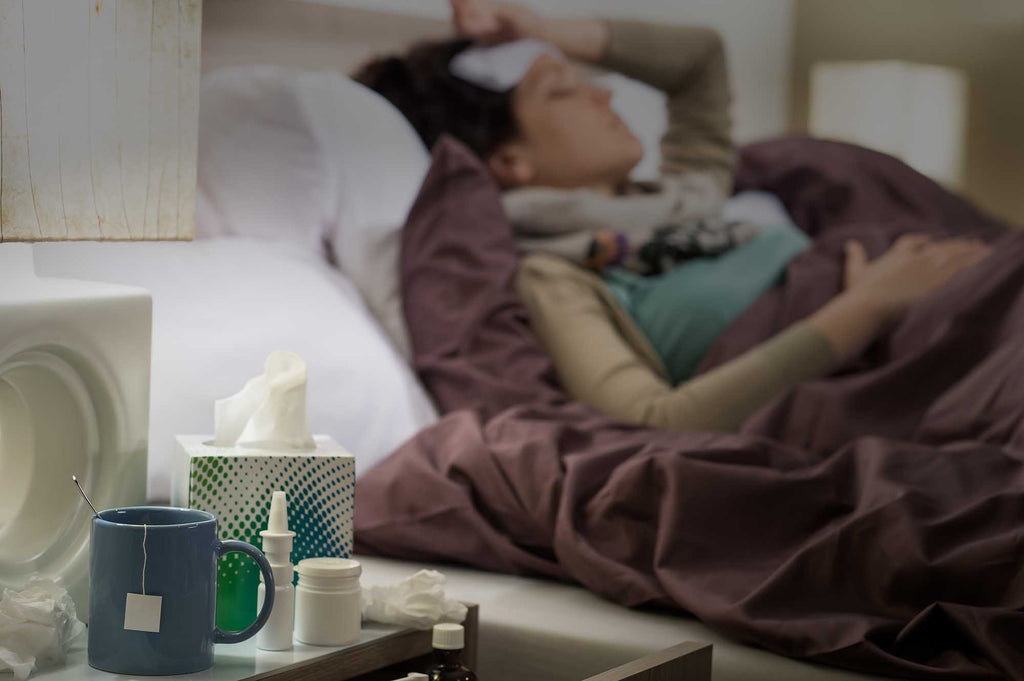
Lack of self-care examples
For many, a lack of self-care will often create feelings of restlessness, irritability, discontentedness, loneliness, and, as already stated, depression, anxiety, or chronic pain, to name a few. Self-care is probably, hands down, the best way to invest in your health.
A lack of self-care can lead to a number of issues, such as poor physical health, mental health, and overall well-being. For example, individuals can become easily overwhelmed, exhausted, and burnt out without proper self-care. This can result in difficulty concentrating, poor decision-making, and an inability to handle stress effectively.
Without proper self-care, individuals can also become isolated from their friends, family, and community, leading to feelings of loneliness. Individuals who neglect self-care can also become susceptible to developing chronic illnesses due to an unhealthy lifestyle.
Self-care is a crucial component of maintaining a healthy lifestyle and is essential for overall well-being. Without proper self-care, individuals can become easily stressed and overwhelmed. This can lead to difficulty sleeping, lack of motivation, and an inability to manage stress properly.
Furthermore, a lack of self-care can also lead to a weakened immune system, making individuals more prone to illnesses. Additionally, a lack of self-care can lead to poor physical health, as individuals may become more likely to engage in unhealthy behaviors such as smoking, drinking, and overeating.
Mental health is also greatly affected by a lack of self-care. Without proper self-care, individuals can become vulnerable to developing mental illnesses such as depression, anxiety, and bipolar disorder.
Additionally, a lack of self-care can lead to feelings of loneliness, frustration, and anger, which can all contribute to mental health issues. Furthermore, a lack of self-care can lead to an inability to properly manage stress, which can cause harmful effects on both physical and psychological health.
Therefore, it is important to practice self-care to maintain a healthy lifestyle regularly. But what is self-care exactly?
Examples of self-care include getting enough sleep, eating healthy, exercising regularly, meditating, and taking time to just “be.” Practicing self-care will help individuals maintain physical, mental, and emotional well-being.
Studies show that forgiveness is also a powerful tool for investing in your health. Let’s find out why…
What are the powers of forgiveness?
Practicing forgiveness can have powerful health benefits. Observational studies, and even some randomized trials, suggest that forgiveness is associated with lower levels of depression, anxiety, and hostility, reduced substance abuse; higher self-esteem; and greater life satisfaction.
Additionally, forgiveness gives us the power to do things we thought we couldn’t do before because “they” hurt us with “ABC,” so I can never do “ABC” again. What? No, that is not how this works! When we forgive, we open up the possibility for healthier relationships with others and ourselves. We also find it easier to cope with stress and manage our emotions constructively.
Forgiveness is a choice. It’s not always easy, but it’s always worth it. You don’t have to forget what happened or excuse the person’s behavior. Instead, you’re simply choosing to let go of anger, resentment, and bitterness to move on with your life.
Here are some tips for practicing forgiveness:
- Acknowledge your feelings and allow yourself to grieve. It’s OK to be angry, hurt, or sad. You don’t have to pretend that everything is OK when it’s not.
- Identify the hurt. What exactly are you holding onto? Why is it so difficult to let go?
- Develop a forgiving attitude. Try to see the situation from the other person’s perspective. Consider the possibility that they may have been going through a difficult time themselves. This is where we may be able to “see” our part in the situation.
- Practice kindness and compassion, both for yourself and the other person. See if you can find some understanding or empathy for what they may have been going through.
- Choose to let go of anger and resentment. Forgiveness is a choice, and it’s up to you to decide whether or not to forgive.
- Make a conscious effort to let go of the hurt. This may take some time, but it’s essential to keep working at it.
- Focus on the present rather than dwelling on the past.
- Set boundaries as needed. Forgiving someone does not mean you have to continue allowing them to hurt you. It’s important to set boundaries and take care of yourself first and foremost.
Forgiveness is integral to self-care and can be a powerful tool for personal transformation.
Sometimes during this forgiveness process, we might start to recognize that we, too, played a part in the “hurting.” A journey into self-discovery and seeing how we participated opens up much more growth, empathy, and compassion for ourselves and the other person. From this space of deep understanding, forgiveness comes more easily because we can see the humanity in everyone involved.
A friend sent me this quote recently after I was inquiring about forgiveness:
“Forgiveness is not a matter of exonerating people who have hurt you. They may not deserve exoneration. Forgiveness means cleansing your soul of the bitterness of ‘what might have been ‘, ‘what should have been’ and “what didn’t have to happen’. Someone has defined forgiveness as ‘giving up all hope of having a better past’. What’s past is past, and there is little to be gained by dwelling on it. There are perhaps no sadder people than those who have a grievance against a world because of something that happened years ago and have let that memory sour their view of life ever since.” - Rabbi Harold S Kushner
Forgiveness is an essential part of life. When we choose to let go of anger, resentment, and bitterness, we can move on with our lives. When we forgive, we open up the possibility for healthier relationships with others and ourselves. We also find it easier to cope with stress and manage our emotions more constructively.

Why is forgiveness important?
When I am trying to live healthily, whether exercising, eating right, practicing self-care, or getting enough sleep, I am actively trying to create a better life and, ultimately, to feel better overall.
However, while these things are essential, we also must remember that our mental health is just as crucial to our overall well-being. For example, if I am depressed, I am far less likely to exercise and way less likely to sleep or eat right.
This is where we will start to cover why forgiveness is vital to our overall health; physically, emotionally, and spiritually (connecting to the Universal order of things). This is NOT religious but rather a suggestion to be open-minded to mystical forces assisting in the forgiveness process.
When I look at the remarkable stories of forgiveness, I am astounded by the seeming miraculousness of it all. People who survived horrific acts live to tell their stories of forgiveness. There are even personal enrichment courses on this stuff folks!
Because the act of forgiveness is a process and not an overnight matter, be compassionate with yourself. Simple (we’re not gurus here!) self-care can help with this.
If you’re struggling to forgive someone, it’s OK to seek professional help. A therapist or spiritual guide can provide guidance and support as you work through your feelings and learn to let go.
For example, with the process of letting go, we can perform self-care options like sitting in a glorious massage chair programmed for deep tissue massage. Then, create a peaceful setting, relax, and let the massage begin to aid in releasing the unwanted toxins the body has stored up over the years, release the pain, release the anger or sadness, to ultimately find the optimum balance for a healthy mind, body, and spirit.
Wikipedia states: forgiveness, in a psychological sense, is the intentional and voluntary process by which one who may initially feel victimized or wronged goes through a change in feelings and attitude regarding a given offender and overcomes the impact of the offense, including negative emotions such as resentment and a desire for vengeance (however justified it might be).
These bring to mind a phrase a friend shared with me if you are struggling with forgiveness, anger, or resentment:
- “I forgive you.”
- “I release you.”
- “I wish you no harm.”
- “I send you love.”
When we offer compassion to others, we open our hearts and minds and connect with our shared humanity. We begin to see the world differently and feel more connected to all beings.
Forgiveness is an excellent investment in our overall health. It incorporates healthy habits into our personal relationships, work relationships, relationships with the “world” as it is not as we want it to be, and how we see and treat ourselves. When we find compassion and understanding - for ourselves and others - the healing process within can begin.
What is self-compassion meditation?
In finding that balance in investing in our overall health, practicing meditation while sitting in a massage chair can be a gold key to success in fighting chronic pain issues.
However, for some people, meditation might seem impossible, but take heart - you are not alone. The point of it is to keep trying. Especially if you are working on practicing self-care methods with self-compassion, there is no need to start putting quarters in the butt-kicking machine! You are not transposed into a constant state of nirvana the first couple of times you try it; make small increments a day, and it will add up.
That being said, self-compassion meditation is a practice that can be done anywhere, anytime, and requires no props or prep work. For example, you can do it while waiting in line at the grocery store or sitting at your desk. The key is to make yourself comfortable, close your eyes (if possible), and focus on your breath. Once you have done that, you can begin to repeat a phrase or mantra to yourself.
When we practice self-compassion, we extend caring, gentle, and supportive thoughts and words to our bodies and minds. We treat ourselves with forgiveness and acceptance. We recognize our moments of pain and imperfection are shared by all of humanity. As a result, we can build character in ourselves, our schools, our community, our peers, and everywhere our life leads us.
Some examples of phrases you can use are:
- “Breath in peace, breath out worry.”
- “Breath in faith, breath out fear.”
- “Breath in love, breath out anger.”
You can also use a simple “om” or “ahh” sound to help you focus. The point is to find a mantra that works for you and allows you to focus on the present moment.
When your mind begins to wander (and it will), simply bring your focus back to your breath and repeat your mantra. The goal is not to clear your mind of all thoughts but rather to become more aware of the present moment and to find a sense of peace and calm.
A phrase that works well for me when my mind wanders is, “Minds wander; that’s what they do,” That also helps me practice self-compassion during meditation because the phrase gives me “permission.” Another one to help with that is “Permission to be human, permission to practice, permission to do B- work.” That “B- work” part is personal to me as I have struggled with perfectionism, and the B- reminds me that I do not have to have all “A’s” in everything I do.
Self-compassion meditation can be a helpful tool in managing stress, anxiety, and negative self-talk. It can also help increase feelings of self-worth, happiness, and overall satisfaction.
Compassion meditation can be a powerful tool for personal transformation and making the world a kinder and more compassionate place to live and be in.

Is massage good for meditation?
The use of meditation and massage can be an extremely powerful tool in achieving balanced health in mind, body, and spirit - especially when you combine the two. Add zero gravity into your meditation practice- with or without massage- and decompress your spine while boosting your relaxation.
Suppose you find yourself ready to make a solid investment in your health using a high-end home massage chair complete with artificial intelligence (AI) capabilities. In that case, there are instant benefits that will result from selecting this option.
AI in massage chairs provides a unique massage experience tailored to the user’s body. For example, the Z-Smart Massage Chair Plus can be operated without a controller through the innovative AI system, responding to the name “Alice.” The pioneering programming system allows users to enjoy the complete luxury of a massage without the hassle or distraction of using a controller.
With AI, users control every aspect of the massage experience with preprogrammed smart commands. Alice recognizes seventeen different adjustment commands for pinpoint massage therapy targeting. Alice is a personal massage therapist adjusting the Z Smart Plus to specific comfort levels and needs. In addition, the Z-Smart O2 Ionizer eliminates outside distractions by purifying odors and creating a clean space around the massage chair, making it the ultimate meditation accouterment.
Why health a good investment
In conclusion, sufferers of chronic pain and injuries or those who are athletically active understand the priceless value of investing in our health. Whether it is finally purchasing that invaluable massage tool, eating right, meditating, or simply getting outdoors to breathe in the fresh air, investing in self-care options is not only an investment in you and those closest to you but a long-term, positive investment in your community.






